But first, I must set the context: Today was one of those days where I seriously considered quitting my chosen profession and taking up ranks in the private sector... wait staff or floor host at a trendy, upscale vegetarian restaurant was looking good. Assistant manager for an eco-friendly retail outlet was also a contender as I perused the job postings in a feed I subscribe to. I even considered a position in -- oh, never mind!
Don't get me wrong: It's not that I don't love public service. It's more the slavery aspect that doesn't appeal to me. Long hours (haven't seen bedtime before 1 a.m. in weeks!), largely thankless (and sometimes even accusatory) clientele, systemic challenges that complicate an already-near-impossible job... when you're part of the over-forty crowd like I am, there are times when you want to taste success. More often.
So I sometimes fantasize about a job where the people can choose. Rather than being stuck with me, they can choose whether to come into my shop or not. The accountability factor has immediate ramifications, and GOOD service is rewarded quickly.
But then, I'd miss the intellectual rigour that teaching can provide. I love assessment that drives instruction. I love always trying to make it better. I love planning in ways that I think and hope will engage my learners, even the most reluctant ones, and I love partnering with colleagues to share ideas and design new and interesting learning challenges. It would be hard, too, to find a job that matches the opportunity for impacting social justice in the world in ways that public education does.
Nevertheless, when I watch a student who struggles to pay attention at the best of times pull out yet another can of pop and two bags of fuzzy peach candies for "lunch" (no, that wasn't desert, that was the whole lunch!!!), I feel sometimes, well, helpless and overwhelmed.
SOOOOOoooooo, it was very exciting when I opened an email this evening from OTF, to whom I had submitted -- some weeks ago on behalf of myself and two colleagues -- a funding proposal for 1-2 netbooks in the classroom and a few days of release time to facilitate my/our learning about and planning for the centers-based approach I've been exploring in math to find that (drum roll please.....) despite the extremely high number of submissions this year, OUR PROPOSAL WAS ACCEPTED AND APPROVED!!!! :))))
So, maybe I'll stay in the game for a few more months.
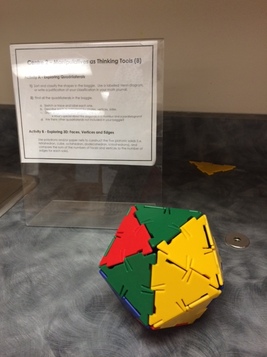
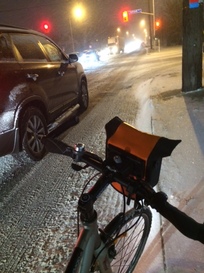

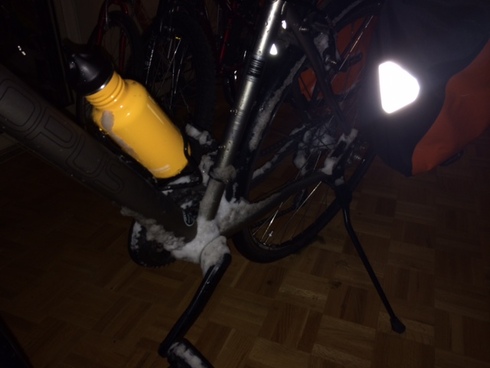
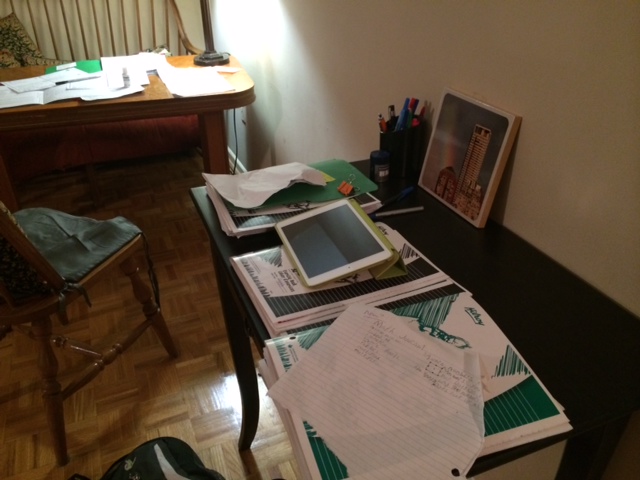

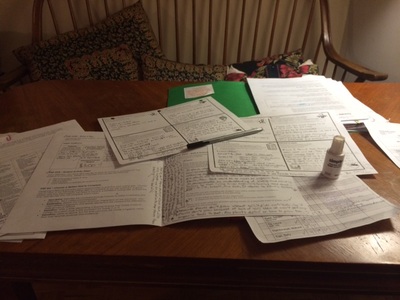



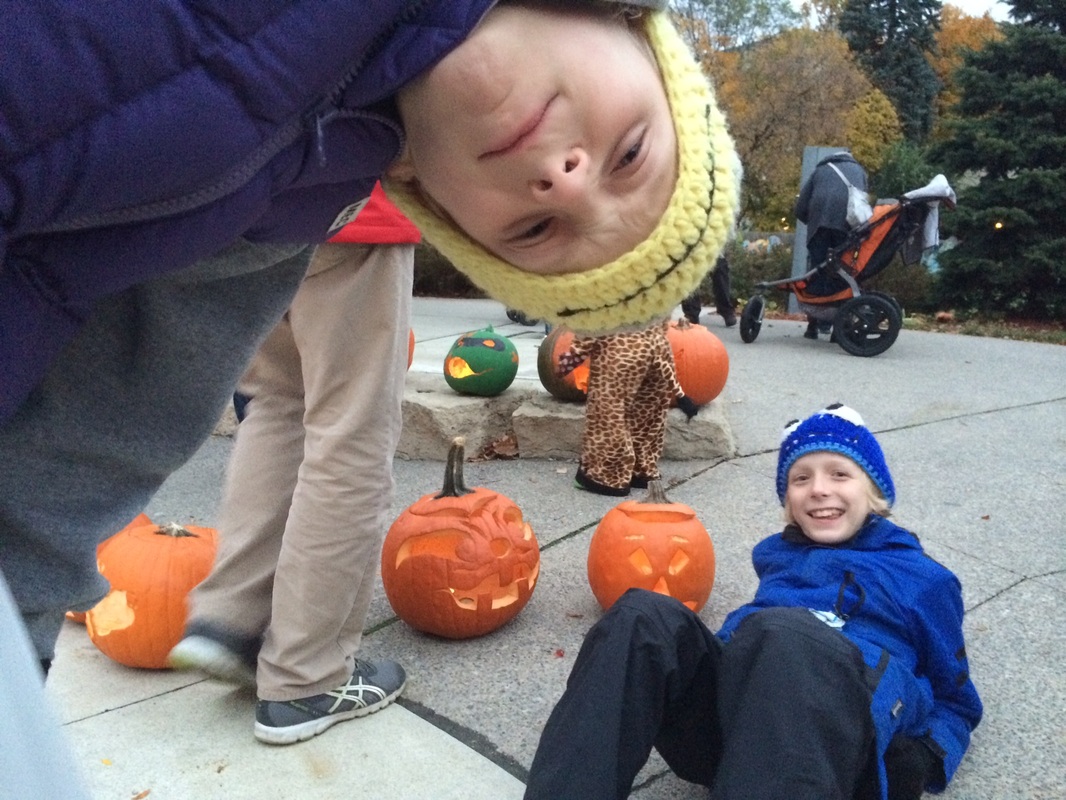
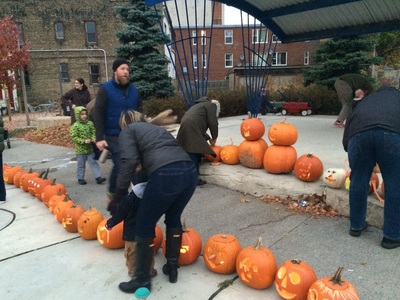

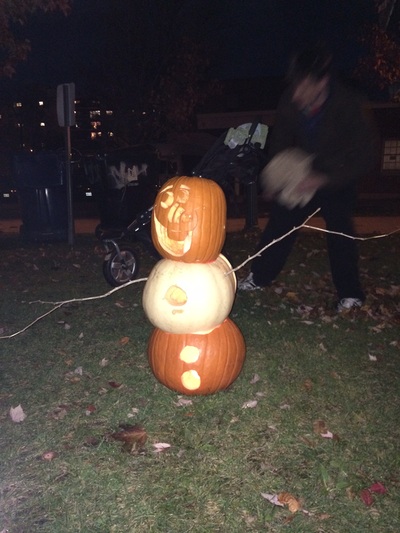



 RSS Feed
RSS Feed